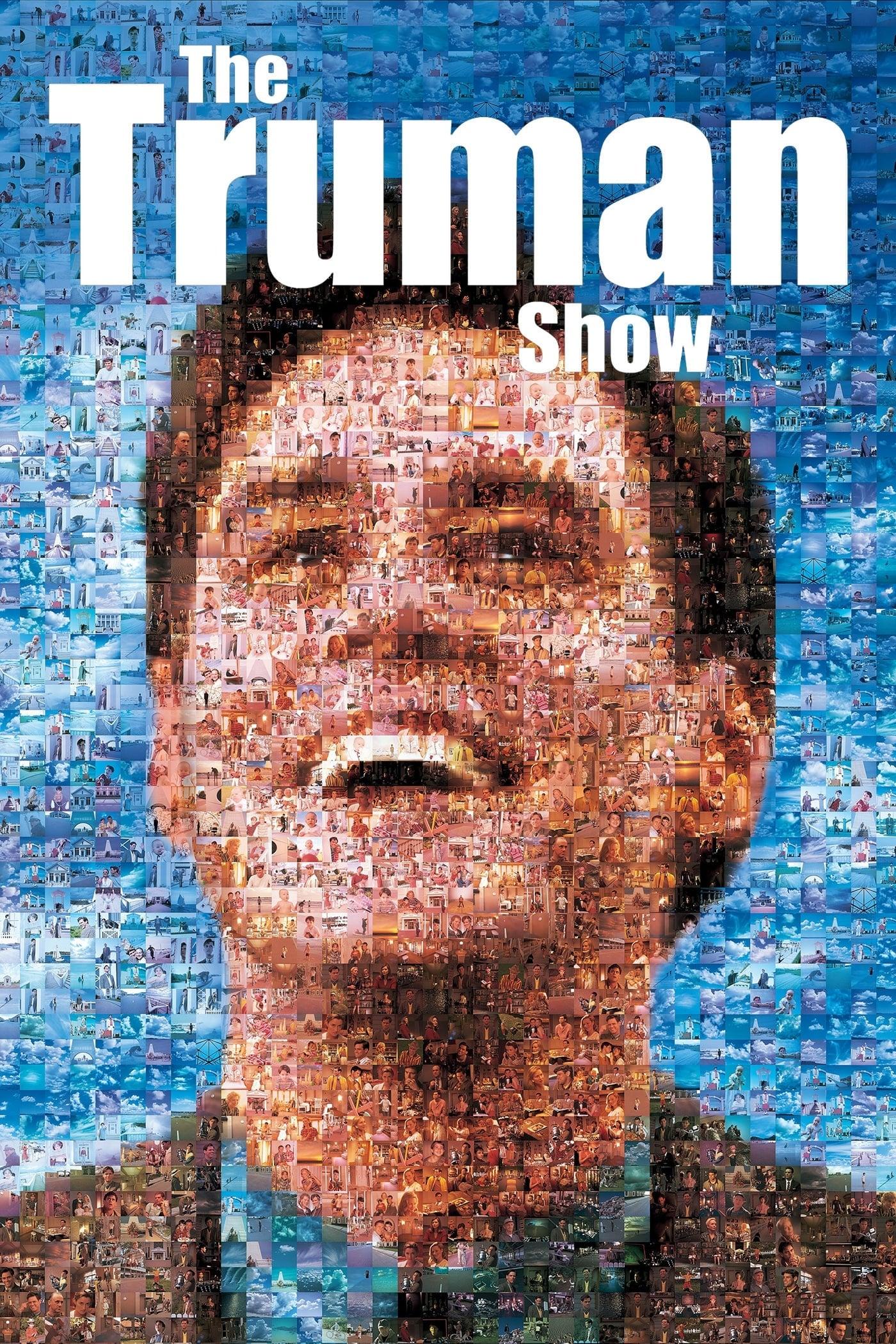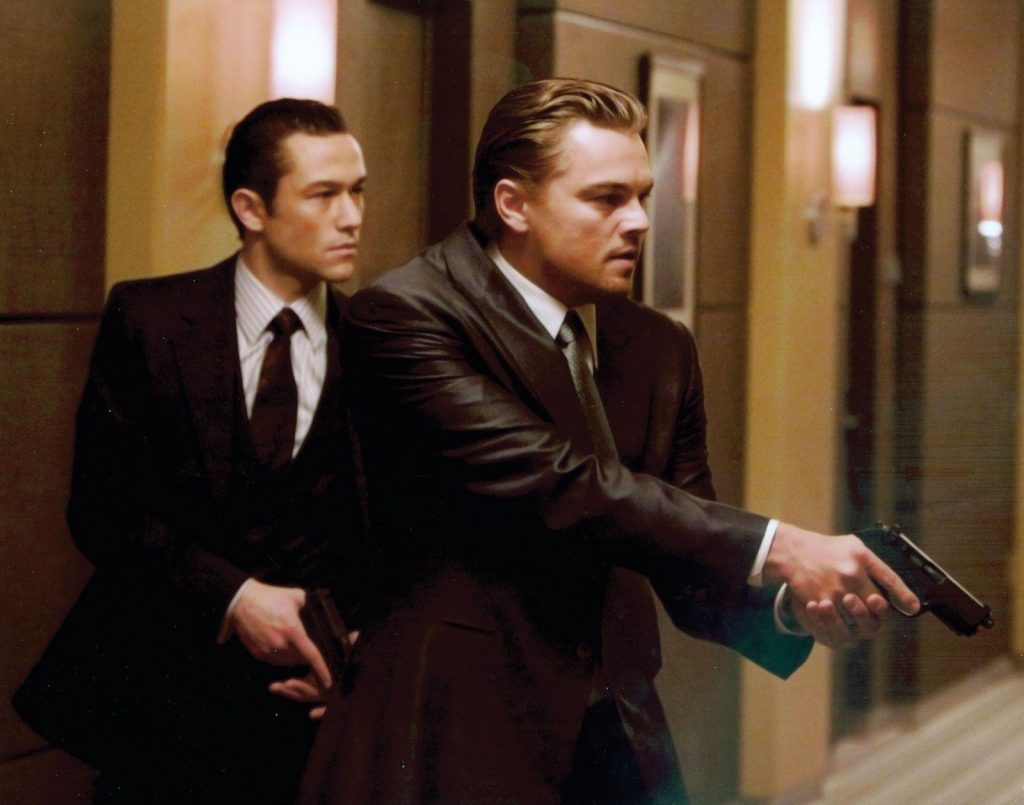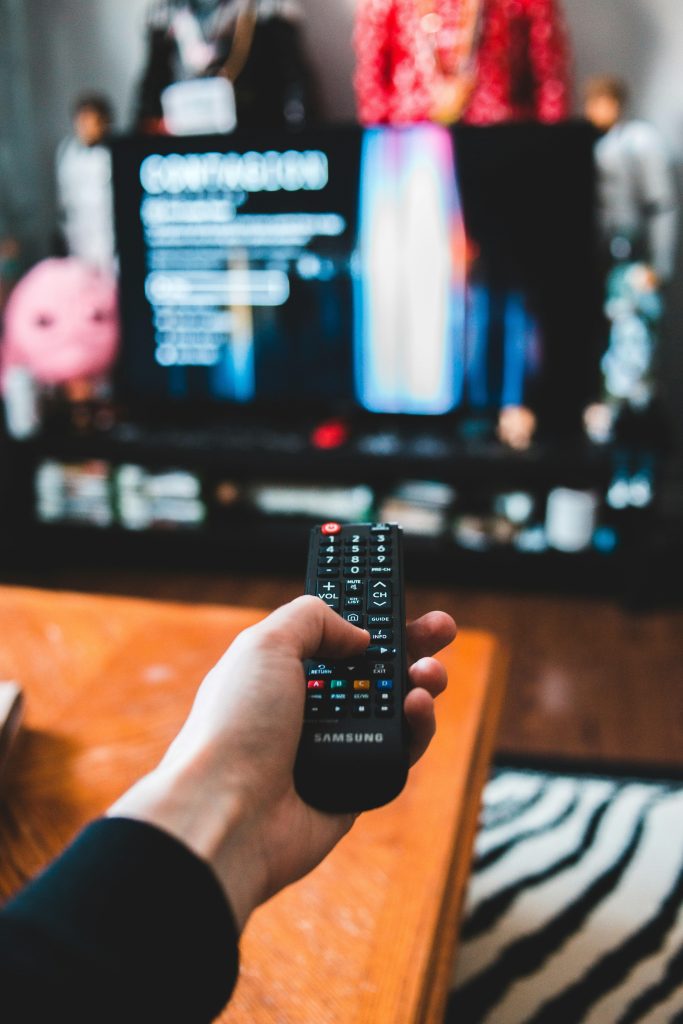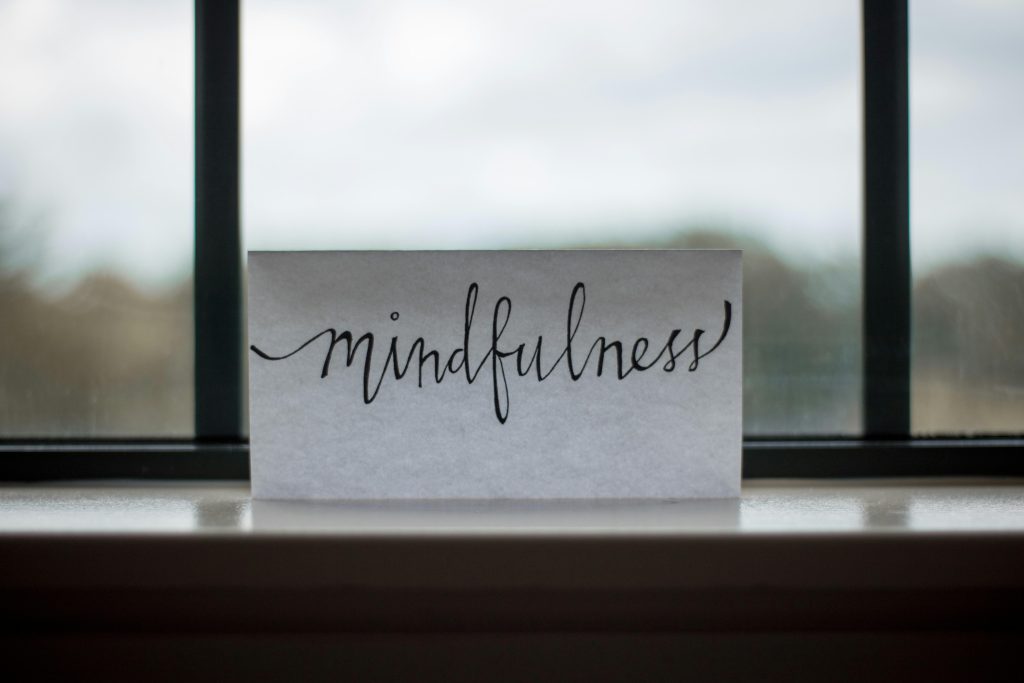In the modern era, where the boundaries between personal privacy and public exposure blur more than ever, “The Truman Show” emerges as a prescient narrative, offering a compelling exploration of fame and surveillance. Released in 1998, this cinematic masterpiece directed by Peter Weir and penned by Andrew Niccol, presents a world where the lines between reality and performance are meticulously orchestrated and monitored. Through the life of Truman Burbank, an unwitting protagonist trapped in a manufactured reality, the film delves into the intricate dynamics of fame, examining its seductive allure and the invasive scrutiny it demands. As we dissect the film’s thematic layers, “The Truman Show” not only serves as a mirror reflecting society’s voyeuristic tendencies but also prompts a critical dialogue on the ethical implications of surveillance in the quest for entertainment. With a confident lens, this article will unravel the complexities of Truman’s world, drawing parallels to contemporary issues of privacy, consent, and the insatiable appetite for spectacle.
Unveiling the Illusion: The Psychological Impact of Constant Surveillance
In a world where the line between public and private is increasingly blurred, the psychological implications of omnipresent surveillance are profound and multifaceted. Drawing parallels with the artificial universe of “The Truman Show,” individuals today often find themselves navigating a reality where every move is potentially observed, recorded, and scrutinized. This constant surveillance can lead to a unique form of psychological distress, where the sensation of being perpetually watched fosters anxiety, reduces authenticity, and distorts self-perception. The cognitive load of maintaining a façade can be overwhelming, as individuals feel compelled to curate their actions and appearances to meet societal expectations.
- Erosion of Privacy: The loss of personal space can lead to a diminished sense of autonomy.
- Behavioral Conformity: Continuous monitoring often results in people conforming to perceived norms, stifling creativity and individuality.
- Identity Crisis: The pressure to project an ideal self can result in an internal conflict between one’s true identity and the constructed persona.
These psychological effects underscore the cost of living under the unyielding gaze of surveillance, a cost that extends beyond mere fame and ventures into the realm of mental well-being. As the boundaries of privacy continue to contract, understanding and addressing these impacts become crucial in navigating our hyper-connected society.

Fame at a Cost: Analyzing the Ethical Dilemmas in Trumans World
In a world where Truman Burbank’s every move is broadcasted, ethical boundaries are not just blurred—they’re obliterated. This unique universe raises profound questions about the moral implications of reality television and the extent to which personal privacy can be compromised for entertainment. The creators of Truman’s world have meticulously crafted an environment that masquerades as reality, yet every interaction and event is orchestrated for public consumption. This brings to the forefront several ethical dilemmas:
- Consent: Truman is unaware of his life’s manipulation, raising the question of whether consent can truly be given if one is unaware of the situation.
- Exploitation: Truman’s life is a product, a commodity traded for ratings, making his existence a commercial enterprise rather than a personal journey.
- Surveillance: The omnipresent cameras strip Truman of any semblance of privacy, turning his most intimate moments into public spectacle.
These ethical quandaries force us to examine the price of fame and the societal acceptance of surveillance in the name of entertainment. As viewers, our complicity in this spectacle raises a mirror to our own values, challenging us to consider the impact of voyeurism on human dignity and autonomy.

Balancing Privacy and Public Life: Lessons from Trumans Journey
In the age of social media and constant connectivity, the journey of Truman Burbank serves as a cautionary tale about the fine line between privacy and public life. Truman’s world, meticulously crafted and constantly monitored, offers a stark reflection of our own society’s obsession with fame and surveillance. The ever-watchful cameras in his life highlight a critical issue: the erosion of personal privacy in exchange for public entertainment. This phenomenon prompts us to consider the implications of living under perpetual scrutiny and the impact it has on our sense of self.
Key takeaways from Truman’s experience include:
- Loss of Authenticity: Constant surveillance can lead to a manufactured version of oneself, where genuine emotions and actions are replaced by performances for an audience.
- Emotional Vulnerability: Being in the public eye can amplify personal struggles, making it challenging to maintain mental well-being without privacy as a refuge.
- Ethical Boundaries: Truman’s story forces us to question the morality of sacrificing individual rights for the sake of entertainment and profit.
As we navigate our own lives within a digitally pervasive environment, these lessons urge us to find a balance that respects personal boundaries while engaging with the world around us.

Strategic Recommendations for Navigating Modern Fame and Media Intrusion
In the era of pervasive media intrusion and relentless public scrutiny, individuals navigating modern fame must adopt strategic measures to safeguard their personal lives and mental well-being. Prioritize Boundaries: Establish clear personal and professional boundaries to delineate what aspects of life remain private. This involves being selective about social media sharing and setting limits on media interactions. Cultivate a Support Network: Surround yourself with trusted individuals who can provide advice and support in managing public pressures. This network can include agents, mental health professionals, and loyal friends who understand the challenges of fame.
- Leverage Privacy Tools: Utilize technology and privacy tools to control personal data exposure. Regularly update privacy settings on social platforms and be mindful of digital footprints.
- Engage with Media Strategically: Interact with the media on your own terms by choosing interviews and appearances that align with your values and public persona.
- Focus on Authenticity: Maintain authenticity in public engagements to build genuine connections with your audience, reducing the impact of intrusive narratives.
By implementing these strategic recommendations, individuals can navigate the complexities of fame with confidence and maintain a semblance of normalcy in an otherwise intrusive landscape.









